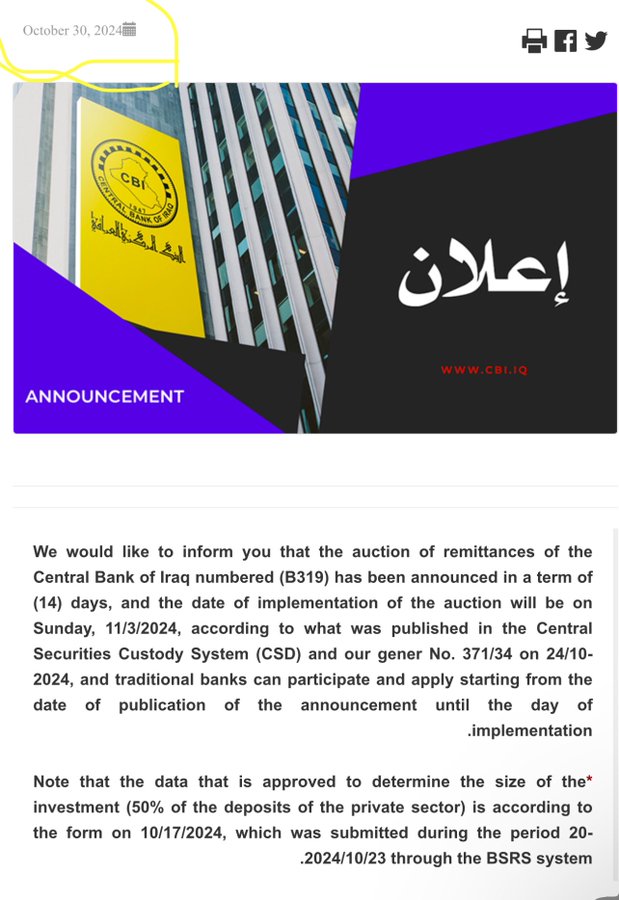Iraq does not hide its quest for a new stage of strategic relations with the United States of America, focusing more on politics, economy and energy, after it has focused for many years on the security and military fields.
The positions in Iraq differ from the official position, which believes that relations are moving for the better, and the position of experts and observers who believe that the next administration, whether republican or democratic, will use the “principle of force” in its policy with Iraq.
Farhad Alauddin, an adviser to the prime minister for foreign relations, said: “Regardless of the outcome of the upcoming U.S. elections, relations between Iraq and the United States will continue to be governed by the Strategic Framework Agreement, common interests, security, security and energy, economic investments and cultural exchange cooperation.”
He points to “the importance of Iraq as an axis of stability in the region, for the role it plays in achieving balances and regional stability.”
On October 27, Foreign Minister Fouad Hussein, while chairing the periodic meeting of the Higher Coordinating Committee of the Strategic Framework Agreement between Baghdad and Washington, stressed the importance of strengthening relations with America and moving to a solid economic partnership.
Hussein stressed the need not to focus on the military and security aspects only, but to expand cooperation to include the economic, health, educational and environmental fields.
Relations between Baghdad and Washington over the past two decades have focused on the military, security and counter-terrorism aspects, as a result of the conditions in which Iraq was experiencing, but they seek to expand them to include other fields.
Iraqi-American relations are subject to the Strategic Framework Agreement signed by Iraq with the United States of America in 2008, and the two sides began implementing its provisions in 2009.
The agreement includes 11 clauses covering the diplomatic, political, security, economic and cultural fields, and provides for long-term relations between the two countries in accordance with the principle of equality in sovereignty, rights and common interests.




